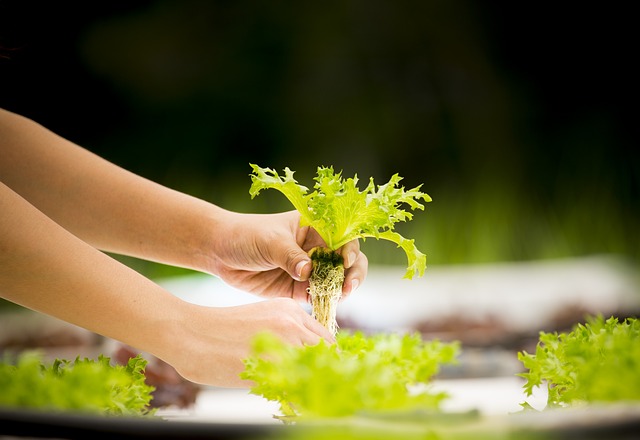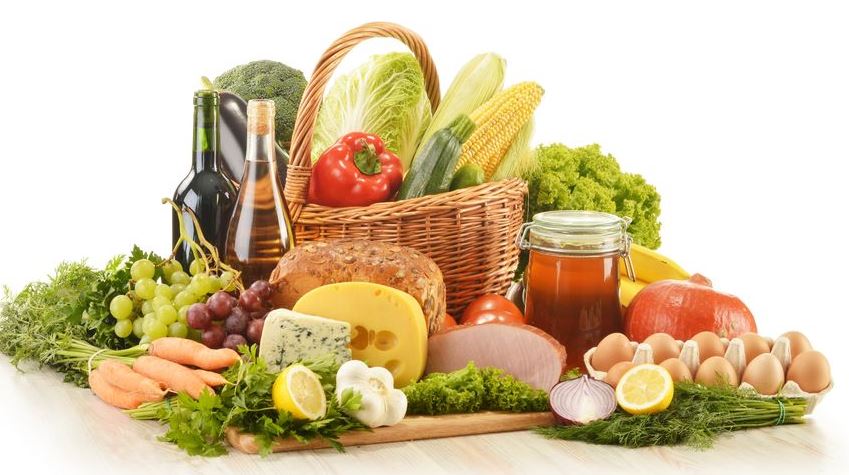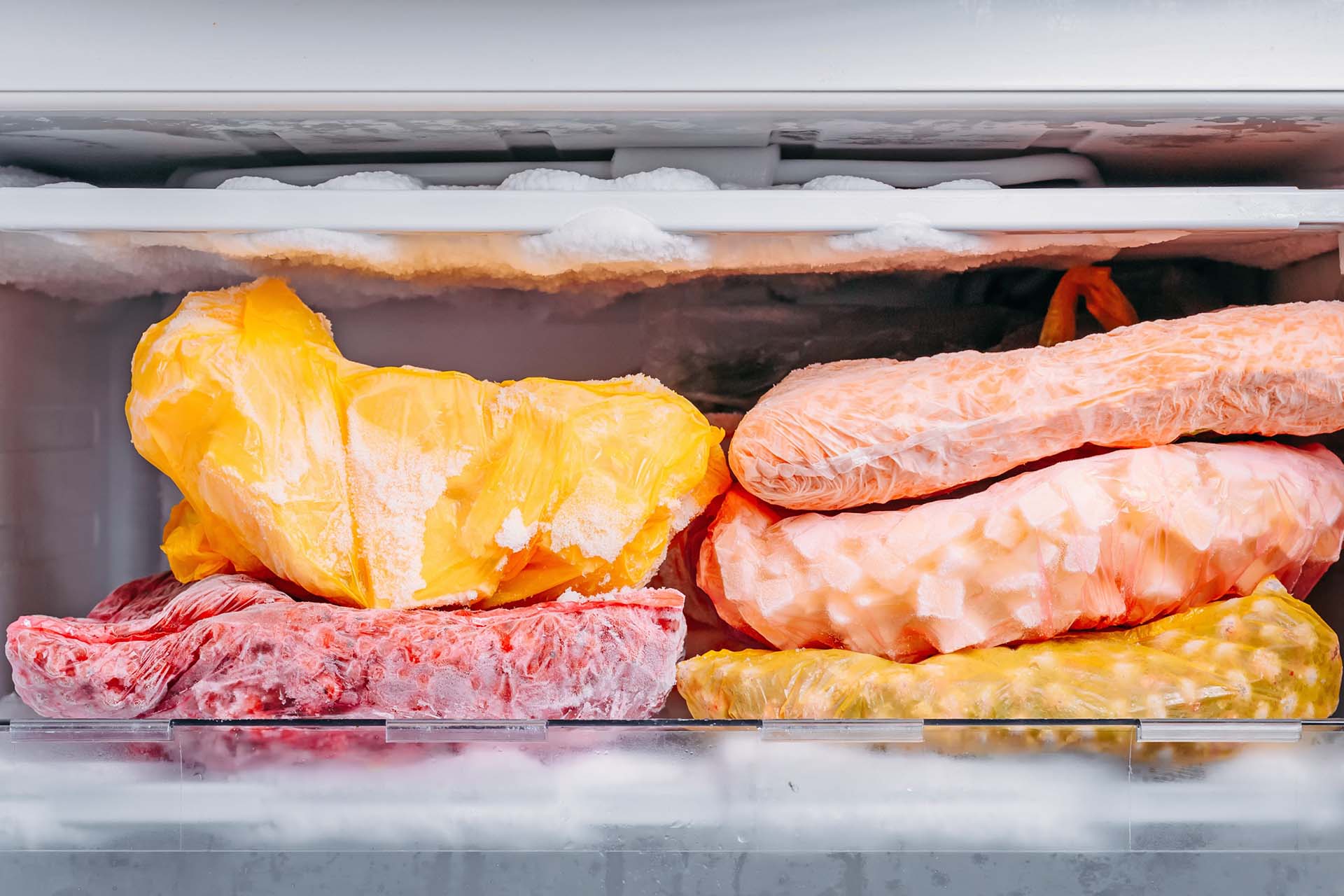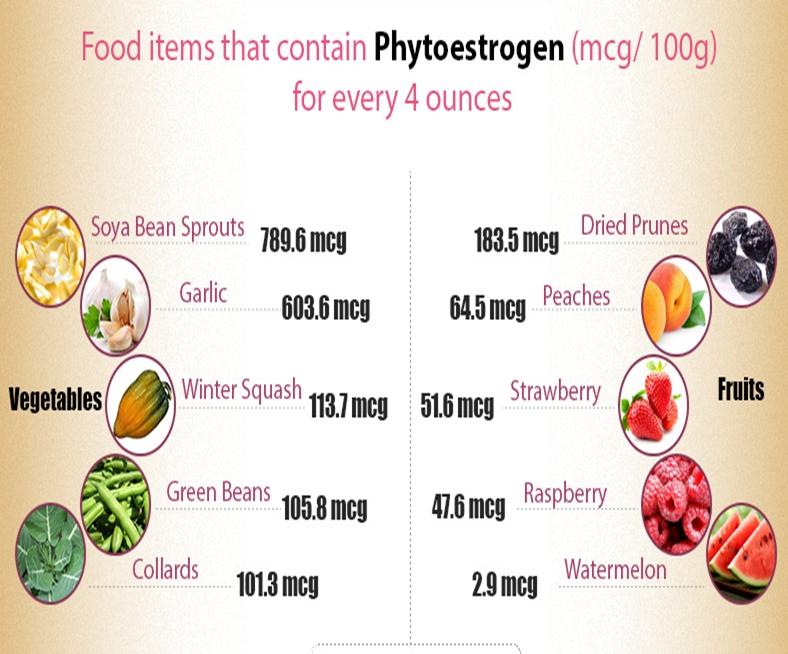Securing Sustainable Food Production
As the world population continues to grow, so does the need for sustainable food production. Home gardening and small-scale farming are becoming increasingly popular as people seek to take control of their food sources and reduce their environmental impact. With the right knowledge and resources, individuals can produce their own food and enjoy the health and economic benefits of doing so.
Home gardening is a great way to start. It’s relatively inexpensive and easy to maintain, and you can grow a wide variety of vegetables, fruits, and herbs. Start by selecting a spot in your yard or balcony and preparing the soil. Choose a variety of plants that will grow well in your climate and soil type, and consider companion planting to maximize yield. Water regularly and use organic fertilizers and pest control methods to create a healthy, sustainable environment.
Urban farming is another way to produce food in a small space. If you don’t have a yard, you can use containers, window boxes, or raised beds to grow vegetables and herbs. You can also take advantage of vertical gardening and trellising to maximize the space you have. Urban farming can be more challenging than home gardening, so it’s important to do your research and find out what will work best in your environment.
DIY hydroponics is a great way to grow food indoors or in a limited space. This method uses nutrient-rich water instead of soil, so you can grow a variety of plants without the need for a lot of space or soil. Hydroponics requires careful monitoring of the water and nutrients, but with the right setup, you can produce a high yield of food.
Preserving and storing home-grown produce is also important. Canning, freezing, and dehydrating are all great ways to extend the shelf life of your produce and ensure that you can enjoy it year-round. Pickling and fermenting are also great ways to preserve food and add flavor.
Organic farming practices are also essential for sustainable food production. Organic farming reduces the use of chemicals and synthetic fertilizers, and instead relies on natural methods of pest control and soil enrichment. Organic farmers also focus on building healthy soil, which helps to ensure a healthy, sustainable food supply.
Kitchen gardening is a great way to get started with food production. Even if you don’t have a yard or balcony, you can still grow a variety of vegetables, herbs, and fruits in containers on your windowsill or balcony. Kitchen gardening is a great way to get your feet wet and learn the basics of growing your own food.
Securing sustainable food production is an important part of creating a healthier, more sustainable future. Home gardening, urban farming, DIY hydroponics, preserving and storing home-grown produce, organic farming practices, and kitchen gardening are all great ways to produce your own food and enjoy the health and economic benefits of doing so. What are you waiting for? Start growing your own food today!











